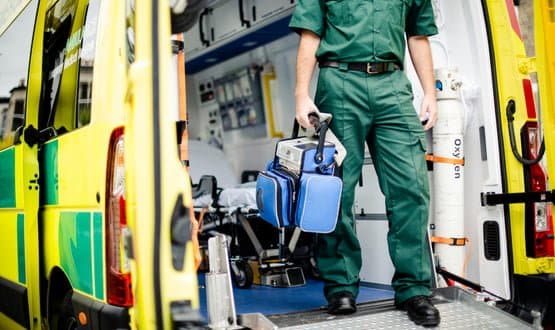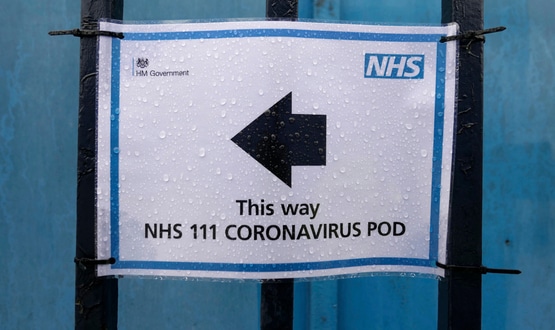Call for tech solutions to meet NHS needs in North East and Cumbria

The Academic Health Science Network (AHSN) for the North East and North Cumbria is calling for innovators to come up with solutions to address challenges faced by front-line NHS staff.
The first is a handheld device that measures kidney function, specifically serum potassium and creatine, that can be used by patients or carers at home.
The second is for a device that can remotely monitor neonatal temperature. The solution must be safe, transportable, effective and efficient.
Maintaining normal body temperature in a newborn is an essential in the first 24 hours of life and a solution which can monitor temperature remotely could help better predict the risk of hypothermia, a significant contributor to infant death.
Dr Nicola Wesley, deputy chief executive at the AHSN North East and North Cumbria, said: “These calls are addressing very real challenges faced by the NHS today.
“We’re hopeful that the solutions exist, whether they’re new innovations or existing technologies applied to different settings but with the potential to be modified and adapted into a healthcare setting.
“If the solutions don’t exist yet, we’re also open to supporting the co-creation of solutions between the NHS and partners.
“We’d like to hear from innovators across all sectors, in any location, if they have a device or an idea which can help provide a solution to either the renal or neonatal unmet needs.”
Innovators from all areas including businesses, individuals, universities, NHS teams or charities are encouraged to apply.
Funding is available to support the development of the solutions.
The deadline for applications to the neonatal solution is February 22 and the kidney monitoring device is March 1.
For more information on how to apply for the neonatal solution click here.
For more information on how to apply for the kidney monitoring device click here.
The AHSNs are tasked with supporting the spread of innovation across the NHS and are said to have already enabled the spread of 200 innovations since they were introduced in 2013.
Each AHSN works across a distinct geography serving a different population in each region.
In June 2018, NHS England announced it would be increasing the funding given to ASHNs to help further spread innovation in the NHS.




